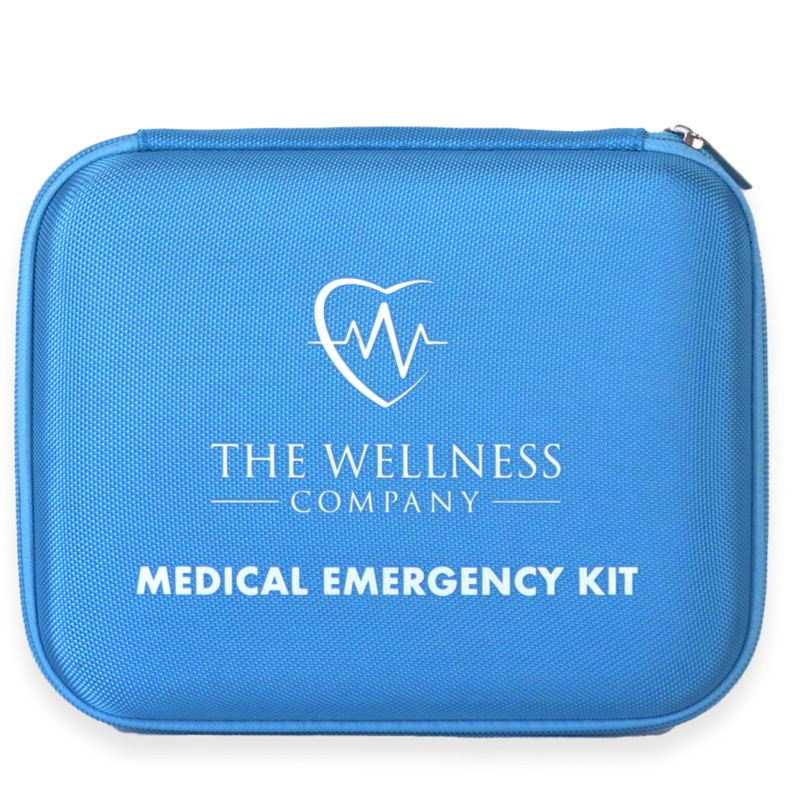A Breath of Fresh Air: How Spending Time in Nature Boosts Our Mental Health

The fact that four in five Americans live in cities [1] might, at first glance, seem rather obvious and inconsequential. But the impacts of the past century’s wave of urban migration are much more significant and far-reaching than one might think.
While urban centers offer unprecedented convenience and unparalleled amenities, there’s one thing they often lack: easy access to nature. To some, this may seem like a small price to pay for the entertainment and opportunity exclusive to city living.
Recent research, however, suggests that spending time in nature isn’t just an antique pastime reserved for hippies and hunters. Sufficient contact with the natural world seems to be an essential precondition for humans to thrive.
Proximity to fresh air and green space improves just about everything we care about – from mental health conditions like depression and anxiety, to physical diseases like heart disease and obesity. Nature exposure even accelerates post-surgical healing, and improves the behavior of prison inmates.
To be deprived of nature, it seems, is to nontrivially increase the likelihood that your health will deteriorate.
This article will focus on nature’s impact on mental health. In a future article, we’ll examine how nature affects physical aspects of wellness, such as heart health and immune function.
Nature Immersion Reduces Stress Levels
What folk wisdom has known for centuries – that a walk in a park is a surefire way to clear one’s head - has recently been confirmed through rigorous study.
According to a 2019 experiment conducted at the University of Michigan, spending 20-30 minutes outdoors produced a 21% drop in the stress hormone cortisol [2], the chronic release of which has been associated with impaired immune function, and a myriad of other negative health outcomes.
Lack of Green Space Linked to Mood Disorders
Not only does nature exposure cause physical markers of stress to drop, but the more that people interact with the natural world, the happier and less stressed they report feeling. A Danish study, for instance, found that independent of any other variable, people living more than a kilometer away from green space were significantly more likely to report high stress than those who lived less than 300 meters away from one [3].
In a Wisconsin study of identical twins, access to green space was a strong predictor of better mental health. Participants with higher levels of neighborhood green space had a significantly lower risk of suffering from depression, anxiety, and generalized stress [4].
Thankfully, it doesn’t take much time or effort to see the benefits. A study performed in Japan found that walking in nature (rather than through a city) for just fifteen minutes lowered anxiety, heart rate, and "fight or flight” nervous system activity [5].
Importantly, it appears that it’s the nature, not the physical activity, that’s the key; a similar study found the same benefits when people simply sat outside for a similar duration [6].
Better Behavior in Prisons
Among the most unique experiments highlighting the benefits of nature exposure on mental health was performed on inmates in a Southern Michigan State Prison. Researchers found that when followed over time, inmates whose cells looked out onto trees were 24 percent less likely to fall ill – physically or mentally – than those whose cells looked out onto a brick wall [7].
How Much is Enough?
How much do you need to get all the benefits? Is there a point of diminishing returns?
When these questions have been examined objectively, researchers have found that a clear association between nature exposure and enhanced well-being was seen at 120 minutes per week [8], with the magnitude of the correlation peaking between 200 to 300 minutes per week.
It didn’t matter whether the benefits were all from one or two long bouts, or broken up into several shorter ones. Whether you spend a couple of hours at a park on a Sunday afternoon, or 15 minutes outside on your lunch break each day, the research suggests the benefits are similar.
Bottom Line
The scientific evidence is overwhelmingly clear - we need nature to thrive. From reducing stress to staving off anxiety and depression, nature truly has the power to heal. Whether you're a city dweller or not, think of this is as a nudge to get outside and immerse yourself in the natural world. Your body, mind, and soul will thank you.
References
[1] UN, D. (2015). World urbanization prospects: The 2014 revision. United Nations Department of Economics and Social Affairs, Population Division: New York, NY, USA, 41.
[2] Hunter, M. R., Gillespie, B. W., & Chen, S. Y. P. (2019). Urban nature experiences reduce stress in the context of daily life based on salivary biomarkers. Frontiers in psychology, 722.
[3] Stigsdotter, U. K., Ekholm, O., Schipperijn, J., Toftager, M., Kamper-Jørgensen, F., & Randrup, T. B. (2010). Health promoting outdoor environments-Associations between green space, and health, health-related quality of life and stress based on a Danish national representative survey. Scandinavian journal of public health, 38(4), 411-417.
[4] Beyer, K. M., Kaltenbach, A., Szabo, A., Bogar, S., Nieto, F. J., & Malecki, K. M. (2014). Exposure to neighborhood green space and mental health: evidence from the survey of the health of Wisconsin. International journal of environmental research and public health, 11(3), 3453-3472.
[5] Song, C., Ikei, H., Igarashi, M., Takagaki, M., & Miyazaki, Y. (2015). Physiological and psychological effects of a walk in urban parks in fall. International Journal of Environmental Research and Public Health, 12(11), 14216-14228.
[6] Kobayashi, H., Song, C., Ikei, H., Kagawa, T., & Miyazaki, Y. (2015). Analysis of individual variations in autonomic responses to urban and forest environments. Evidence-Based Complementary and Alternative Medicine, 2015.
[7] Moore, E. O. (1981). A prison environment’s effect on health care service demands. Journal of environmental systems, 11(1), 17-34.
[9] White, M. P., Alcock, I., Grellier, J., Wheeler, B. W., Hartig, T., Warber, S. L., ... & Fleming, L. E. (2019). Spending at least 120 minutes a week in nature is associated with good health and wellbeing. Scientific reports, 9(1), 1-11.






















